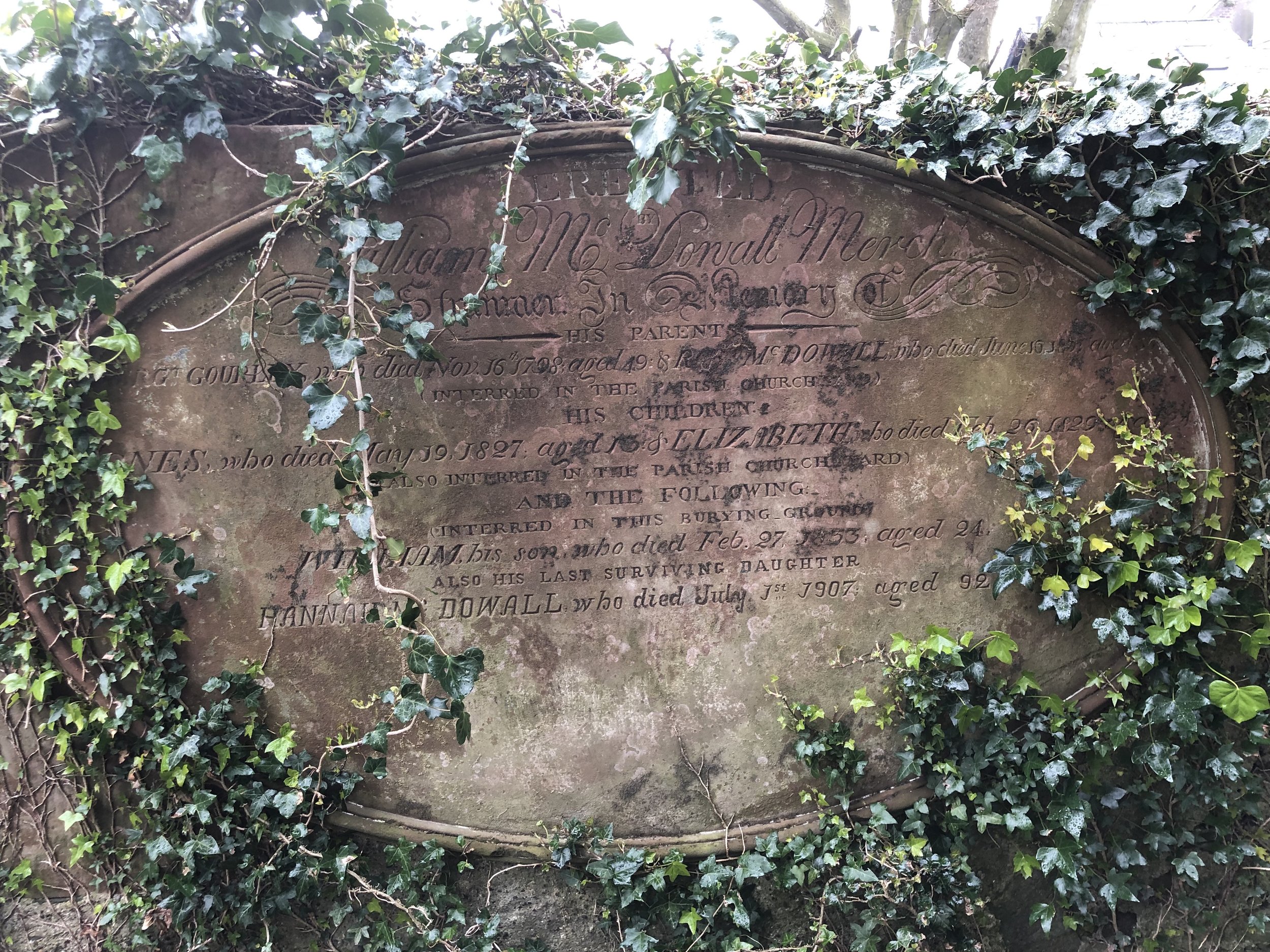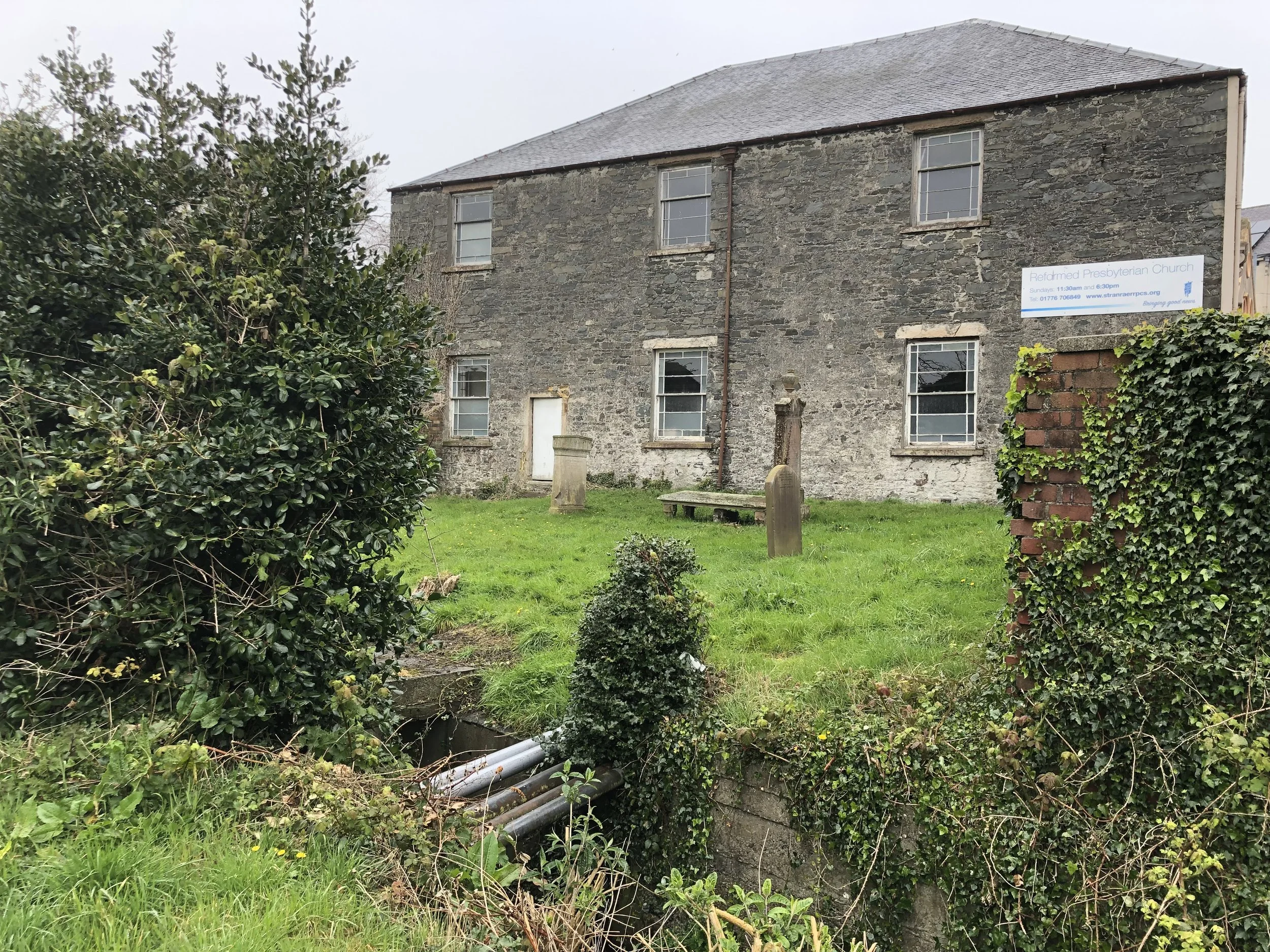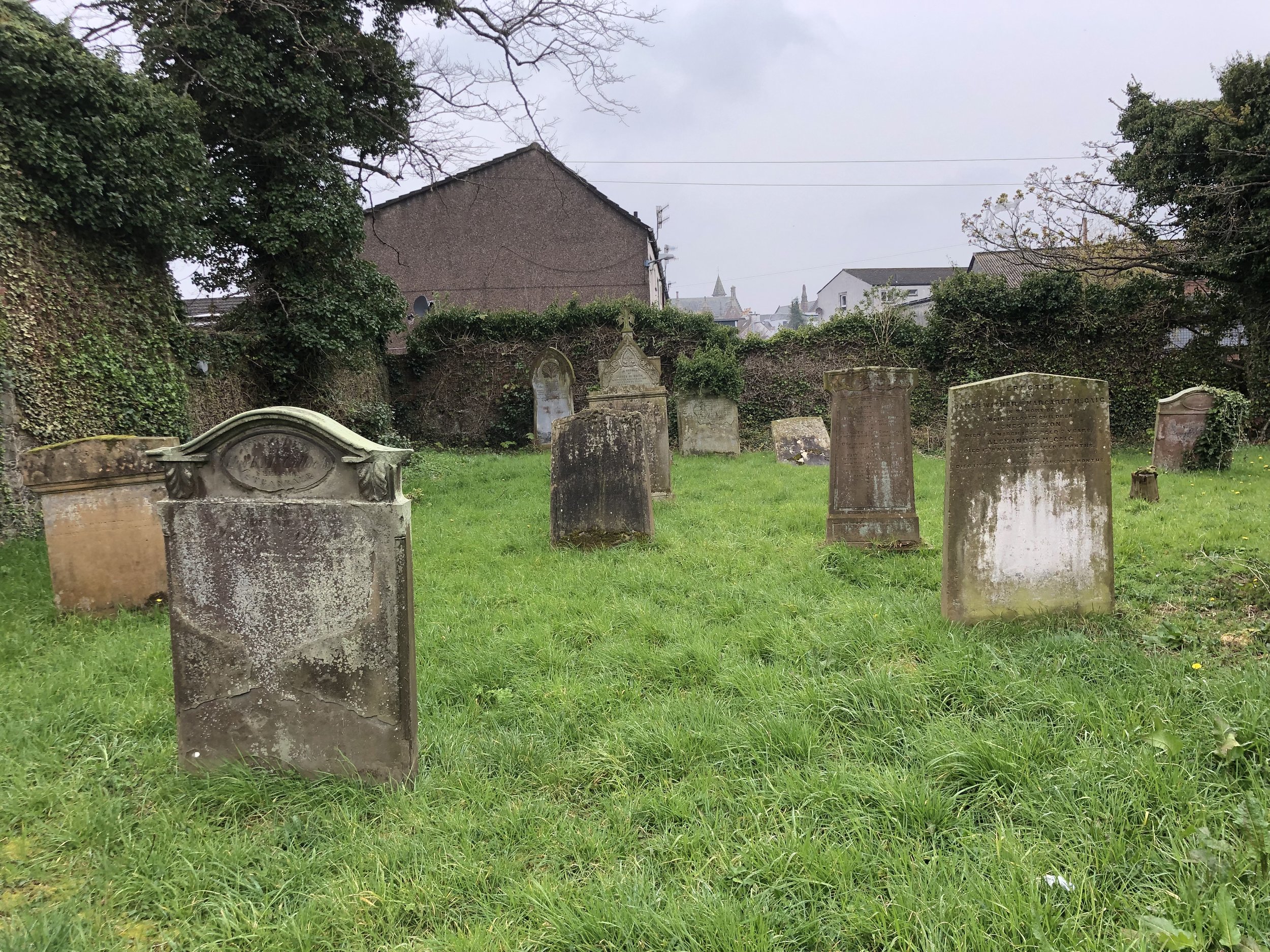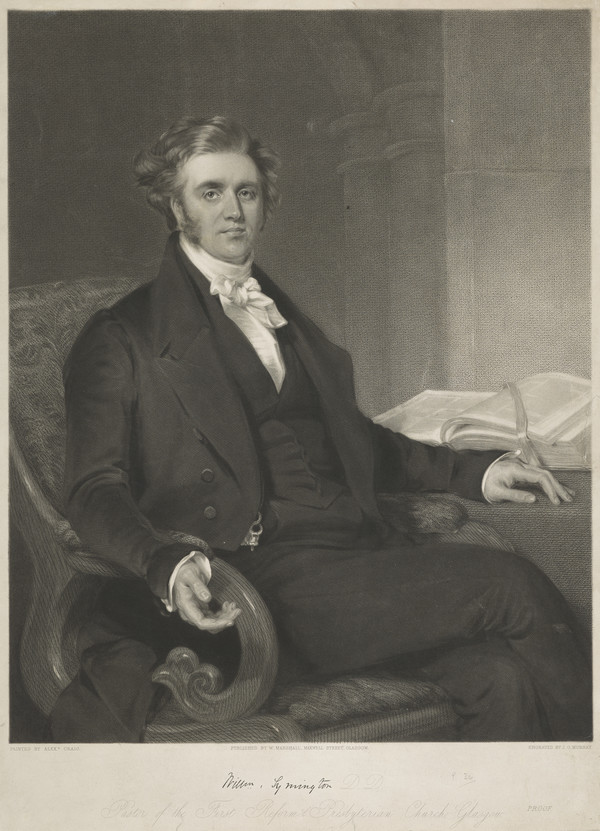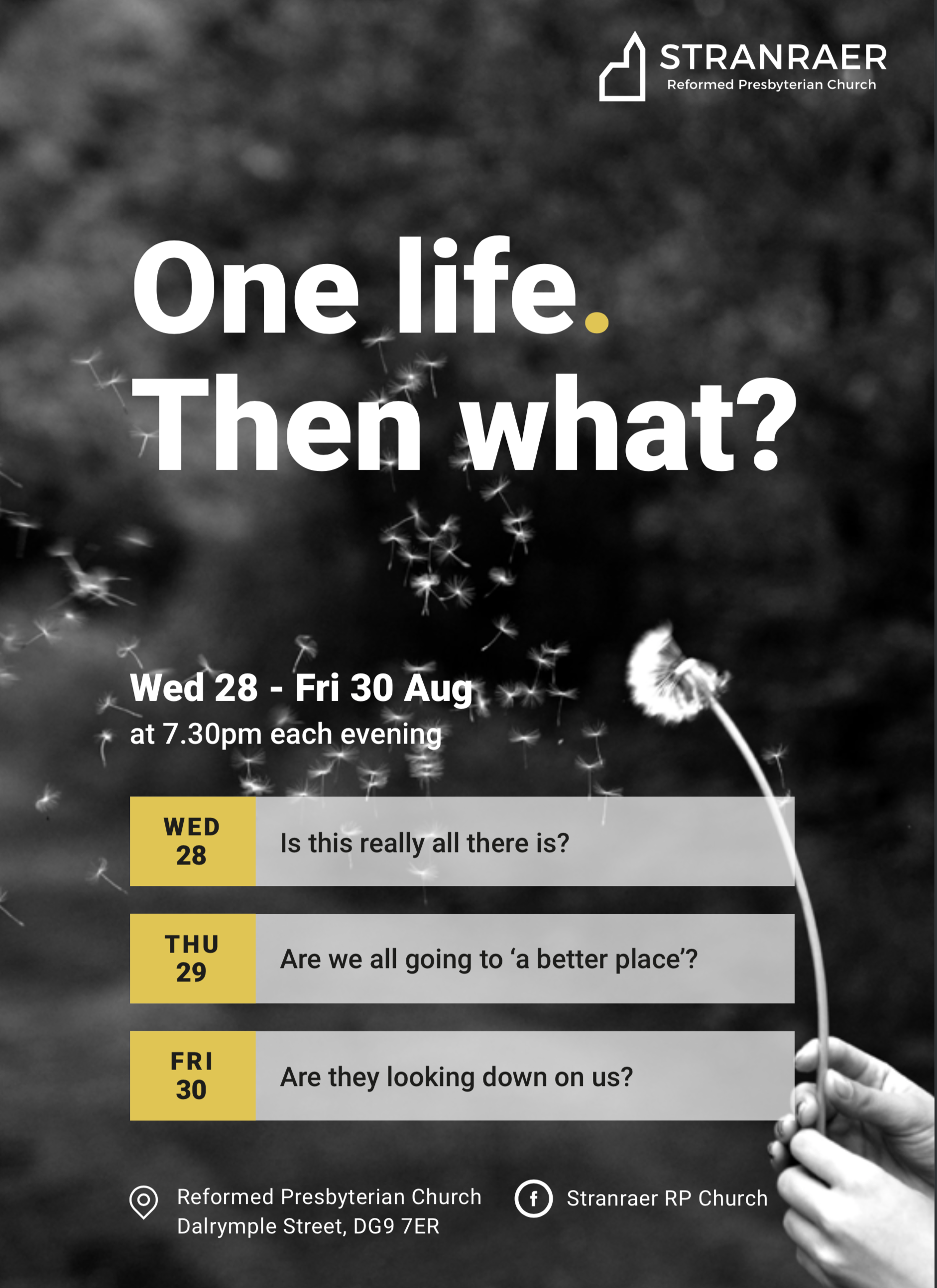We’ve just begun going through the book of Acts in our morning worship services. It’s a book which the great twentieth-century preacher Martyn Lloyd-Jones described as a ‘tonic’ for the church. And we do need a tonic in light of the pessimism which dogs much of the evangelical and Reformed church in the UK at present. Below is the first page of an article entitled ‘Against Evangelical Pessimism’, which Stephen referred to in a recent sermon. It’s written by Jeremy Walker, who spoke at the RP Ministers’ Conference in 2017. It appeared in the March 2019 Banner of Truth magazine:
Here are some highlights from the rest of the article:
We need to hook our prayers on the promises that the gates of Hades shall not prevail against the church of Christ, that God’s word shall prosper in the things for which he sends it, that God shall never lack a people, that his glory, he will not give to another, that the gospel is and must be the power of God to salvation for everyone who believes, and that the weapons of our warfare are mighty in God for the pulling down of strongholds.
Secondly, we must have confidence in the purchase of Christ. We must believe that he came into the world sinners to save, and that he did not merely make them saveable, but actually purchased a people for himself - those who had been given to him from before the foundation of the world. We must be assured that we are sent into all the world to preach the gospel of Christ and his finished work and present reign to every creature.
We must be assured that Christ is the bread of life. We must believe that his sheep will hear his voice and follow him. We must believe that, being lifted up on the cross and in the preaching of the cross, Christ will draw all to himself, and he will see the travail of his soul and be satisfied. We must believe that the strongest man has bound the strong man, and is now spoiling him of that which once was his. We must believe that he is reigning on high, waiting until all his enemies are made his footstool, that he is still gathering in his chosen ones from every kingdom, tribe, tongue and nation, and that he will come again to take his people home, that all whom he has loved and for whom he has died might be with him where he is.
Third, we must have confidence in the power of the Spirit. We must believe that the God who commanded light to shine out of darkness, the God who has shone in our hearts to give the light of the knowledge of the glory of God in the face of Jesus Christ can shine, too, in the hearts of others. We must be assured that Christ Jesus came into the world to save sinners, and that, having saved sinners like Paul and like me and like you, he can save others also.
We must believe that he can move the hearts of men and women to call their families and their friends, so that salvation comes not just to the Lydias, and the jailers, and the Matthews and the Zacchaeuses, but also to those with whom they are connected or come into contact.
We must remember that he can ensure that our preaching does not come in word only, but in power, and in the Holy Spirit, and in much assurance, so that those who hear do not shrug off the words of a mere man, but hear the very Word of God to their souls.
Such confidences must be the fuel of our labours. Such confidences must stimulate fervency in our prayers. We must not allow our expectations to be formed by our fears, but rather fashioned in accordance with faith.
Evangelical pessimism ought to be a contradiction in terms. Such pessimism undermines our confidence, cripples our endeavour, shackles our hope, and dishonours our God. We must fight against it by faith; we must not allow ourselves to be drowned in a sea of doubt and dread dismay. We must trust God’s promises, labour because of Christ’s purchase, and rely on the Spirit’s power.





